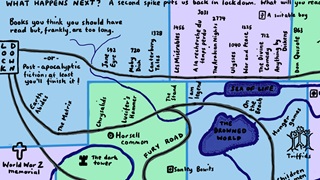
A simple question
Requiring a simple answer

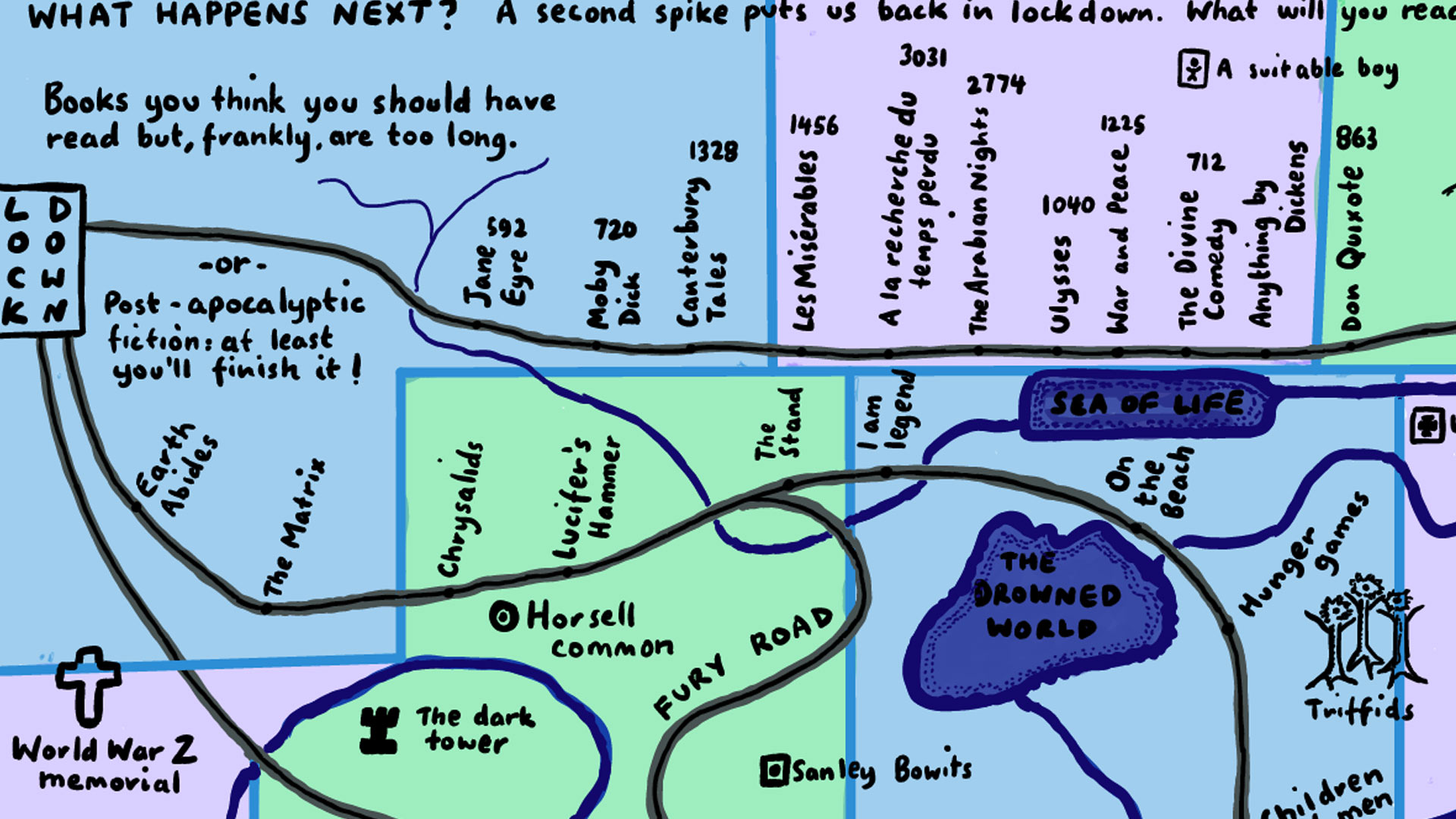
There are myriad ways in which I feel a global citizen. Through accident of birth and upbringing, for one. I was born in Kenya (of British parents) and spent my formative years in Belize. And then choice entered in, as to where I wished to work and live. I was a student in Edinburgh and have worked in the US, London, across Asia and in southern and east Africa. I work in Zimbabwe now, in a global law firm, engaging with clients across the globe. I have friends and family across the world. What else makes me feel global? It’s something to do with awareness. I am no political activist, yet I recognise and do my best to respond to the inequalities in the world—I think it’s important not to feel helpless in the face of them. When I lived in Asia, I helped to support the education of a young student in Vietnam, and now I support a student in South Africa, and two in Zimbabwe. I don’t do that alone; it’s a decision I made together with my wife (nothing happens in isolation). And in the small confined space of our home, I (we) do our best to separate out our plastic, paper, metal and organics, and trust this will help in a small way.
Coming up with an answer to this question has pushed me into addressing my life and the choices I have made. Is it so hard to ‘embrace the world’? Not for me. It is a glorious thing to be caught up in the global fusion of different and exciting cultures. Getting that balance between being proud of your own roots and culture while respecting the roots and cultures of others can be tough, but can also be simple. It all depends —on you.
One of my favourite museums in New York is the Tenement Museum on Manhattan’s Lower East Side: two tenement buildings, erected in the second half of the nineteenth century, which provided a first home for thousands of immigrant families arriving at America's ‘golden door’. The museum estimates that more than 15,000 working-class immigrants from over twenty nations occupied these two buildings in the eighty or so years they were open to residents.
It is a hard thing to leave your homeland and travel thousands of miles to start your life afresh in a foreign country. Taking one of the museum’s tours around the apartments they have lovingly re-created, I am fascinated by the ways in which these people imprinted themselves on their tiny corner of this bewildering, new city. As someone who has recently settled in America, I recognise how they both clung to their cultural heritage and embraced new ways of living. In the Baldizzi family apartment, decorated just as it was when the family arrived from Sicily in the 1920s, a photograph of President Franklin Delano Roosevelt hangs next to an image of the Virgin Mary. Mrs Rosaria Baldizzi prayed to them both every night.
The peculiar experience of the immigrant is to feel yourself caught between two worlds, with a foot in each but your heart in neither. Perhaps that is just my own impression. I mostly do not see it as a burden anyway, but as a liberation. I feel that I can see more clearly from this place in-between. And if that means I have become a global citizen, I am happy with that.
Is it hard? No, not for me, and not for many of us, I suspect. I am Brazilian and have lived a good part of my life in different parts of Europe, in Heidelberg, in London and in Bologna. I can comfortably say that all these cities, cultures, felt like home. I enjoy contemplating different cultures, trying to understand them; and I am fascinated (if that is the right word) at the sight of my own culture being shaped (contaminated?) by the influence of others. So. The question is not so simple as I first thought. Why? Probably because we like to look at the differences of others—and adapt—but we don’t want to lose our own differences, do we?
Why do we all, no matter how global our lifestyles have become, feel such persistent nostalgia around the experiences we had in our early years of life? Are these experiences—the sounds, the words, the places, the tastes, the customs—part of our ‘local’, our national identity? Maybe the hard side of global citizenship is simply the very human fear of seeing that which we feel to be true to us replaced by something far more homogeneous, a global culture.
Patrick Bracher, Jo’burg
We fly around the world (on and off the ground) between destinations, losing sight of what’s in between. Only fully alert at curtain-up and curtain-down in the globe’s theatre, the universal comedy and drama passes us by. How can we be global?
Attilio Pavone, Milan
Is it so hard to be a global citizen? It is not if you are in good health and speak English. And, of course, if you have some money and own a ‘western world’ passport. And… yes, if you are also white, male, heterosexual, and you do not feel the urge to show your political and religious beliefs…
Laura Shumiloff, London
We are all, like it or not, becoming global citizens. We are more familiar with, more appreciative of and more tolerant of other cultures. We share knowledge, beliefs and experiences now with the minimum of effort; this is a supremely powerful tool, particularly in the fight against political and social injustice. But inevitably, we shall lose some of our local charm, individuality and eccentricities. We risk becoming indistinguishable from each other. Let’s try to hold onto what makes us local as well as global.
Andreas Börner, Munich
Hard to deny we already live in the global village. Then what makes it difficult? When ‘citizenship’ was invented, there was just one password to make the guard at the gate let you in; now, we have hundreds. Confused between virtual spaces, belonging everywhere, password overload?!
Paul Keller, New York
‘Of fewer people, by fewer people, for fewer people’. The biggest concern is not that we are divided. The biggest concern is that we no longer seek to understand that divide out of some sense that admitting we played any role will be perceived as weakness or fear. Those fears, of differences, of uniqueness, and of variety, combined with our daily stresses of well-being, economic independence, and overall freedom, are being mis-used by others to make us more tribal—more willing to believe in the worst some say of others in order to support what we believe is our place in a community. We are sacrificing our futures to save the shadows of our past.
Tricia Hobson, Sydney
It is exhilarating being part of the wider world, feeling it wrap round you. There is also a loneliness.
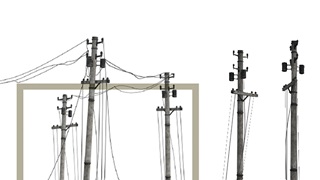
Ahead of COP26, our stringers file their reports: Noni Shannon in Sydney, Tom Luckock in Beijing, Caroline May in London | Issue 19 | 2021
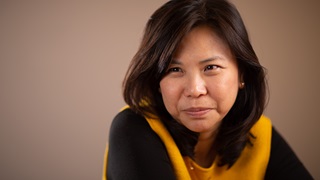
'I think it’s not a bad thing if in your younger days you come from nothing' | Psyche Tai in conversation with Ingeborg Alexander | Issue 15 | 2019
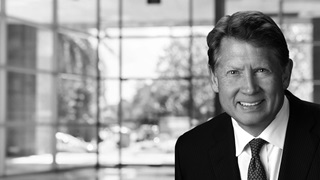
'We ended up living in Asia for thirty-two years' | Gerry Pecht in conversation with Ingeborg Alexander | Issue 14 | 2018
© Norton Rose Fulbright LLP 2025